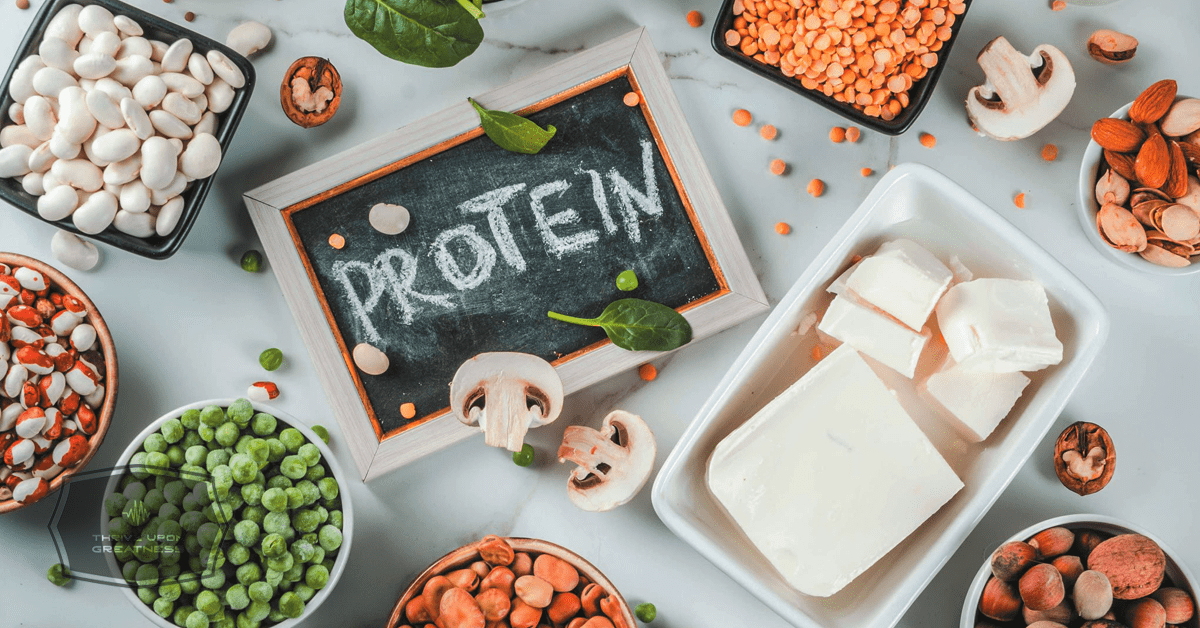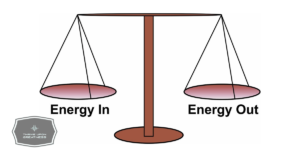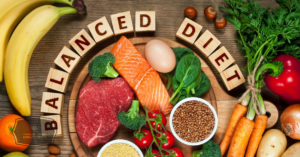Your body uses protein to build and repair tissues while making enzymes, hormones and other body chemicals. It is important component of bones, muscles, cartilage, skin and blood. Protein is a macro-nutrient that you body requires large amounts; making up atleast a third of your diet- Protein can contribute to the bodies energy; therefore 1g of protein is the equivalent to 4 calories.
Protein comes from two different types of sources; these are complete and incomplete. Complete protein is foods that contain all of the essential amino acids in sufficient quantities such as all animal proteins along with soy and quinoa. Incomplete proteins are food low in or missing one or more of the essential amino acids, an example of this would be most plant-based proteins.
Daily Protein Requirements
There is a guide to best suit you when it comes to how much protein you require depeding on your activity levels.
If you are sedentary your requirements are 0.8g/kg body mass/day.
If you train for endurance, your recommendation are 1.4-1.6/kg body mass/day.
If you train for strength, your requirements are 1.6-2.2g/ kg body mass/day.
Effect of resistance training on protein balance
Muscle Protein Synthesis (MPS) is the synthesis of new muscle and Muscle Protein Breakdown (MPB) is the catabolic process of breaking down muscle. The balance of these two determines whether if muscle is GAINED or LOST. Its only when resistance and protein combined allows muscle hypertrophy to occur.
Daily Protein balance is important in this process, if you consume a meal with protein then you are going to increase your protein balance, in hours after the meal, protein levels start decreases to a negative state and breakdown occurs if protein is not consumed again.
Summary: Muscle growth occurs when MPS is greater than MPB. So aim for 20-30g of protein per meal for maximal stimulation of Muscle Protein Synthesis.
Protein recommendations for Muscle Gain
1. Set Daily intake goal first 1.6-2.2g/kg body mass/ day.
2. 4-5 meals per day.
3. 20-30g before or after training.
4. 20-40g of protein before bed as casein takes a longer time to be broken down allowing you to create a higher protein balance while sleeping.
Protein Food Examples
Lean meats- beef, lamb, pork.
Poultry- chicken, turkey, goose, duck.
Fish and seafood- fish, prawns, crab, lobster, mussels, oysters, scallops, clams.
Eggs
Dairy Products- milk, yoghurt (especially Greek yoghurt) and cheese (mainly cottage cheese).
Nuts and seeds- almonds, walnuts, hazelnuts, cashews, pumpkin seeds, sesame seeds and sunflower seeds.
Legumes and beans- all beans, lentils, chickpeas, split peas, tofu.
Protein Supplementation
You can supplement protein into your diet by consuming Whey Isolate (concentrate or isolate) along with Casein and EAA’s. It is important to remember it is best to consume all your protein by foods and only use a protein supplement when you are short for time or need help to meet macro-nutrient goal. If you are a female reading this and are scared to take protein, please remember protein is required by your body in order to recover and to promote your performance.
Read more about the other two macro-nutrients; Fats and Carbohydrates.




